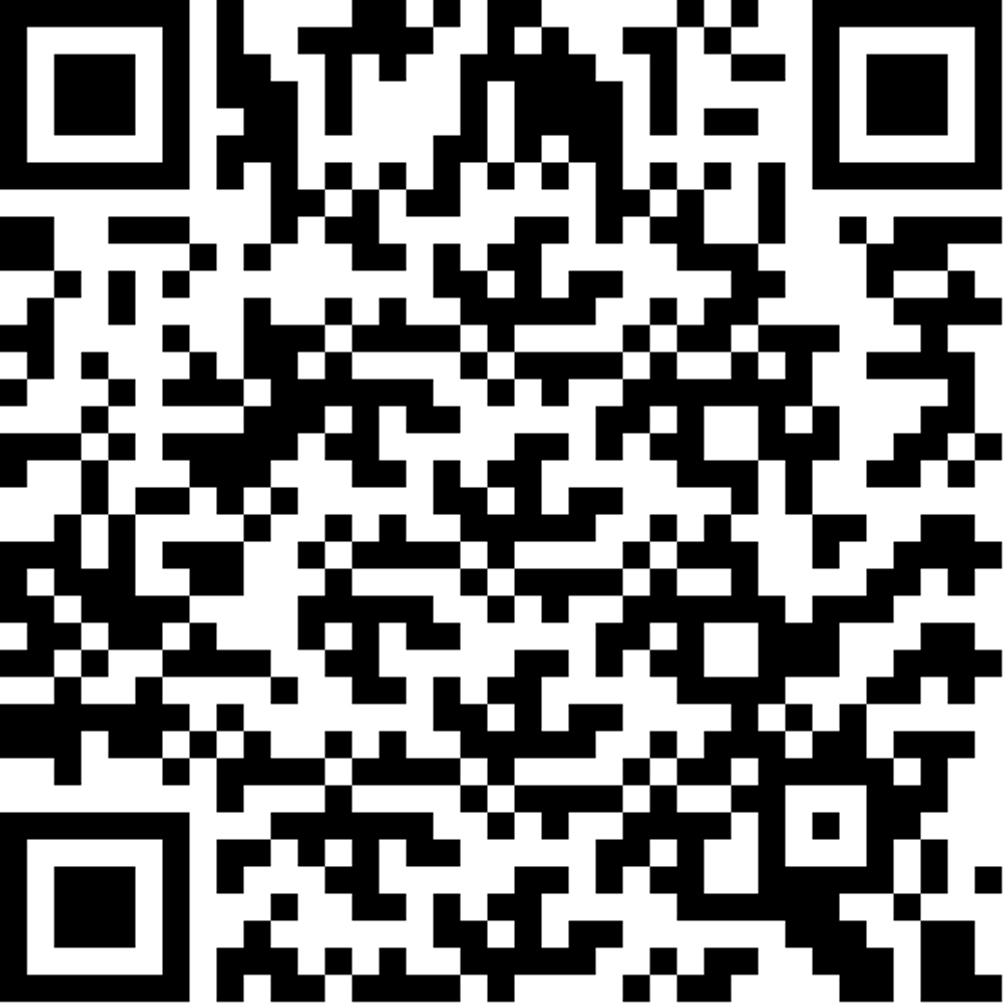






While Abuelita is busy with the boy, Miguel spots a paper airplane. It's crumpled from being stepped on. Thinking he can smooth out the crumpled parts and give it to the boy, Miguel picks it up, but he only half-heartedly unfolds it because he can't stop thinking about music. He really wants to perform. Except for Dante and Mamá Coco, no one's ever heard him sing. They don't want to hear him sing, because it's against the family rules. But what if he won the talent show? Maybe . . . just maybe they would accept him as a real musician.
He sighs, heavyhearted. Then he refolds the paper, making it a plane again, and throws it into the air. As it glides away, he thinks about his dreams. Will they glide away, too? He's about to return to Abuelita when he hears clacking from around the corner. He sneaks over to investigate, Rosa following. When they reach the sound, they find a group of ballet folklórico dancers.
“They're so pretty,” Rosa says, admiring the full skirts with colorful petticoats and the hairstyles with ribbons and braids. The dancers are warming up for a performance, their toes and heels clacking on the sidewalk. “And they have the prettiest shoes,” Rosa adds wistfully.
It's true. The shoes are very pretty, but Miguel is most interested in the metal plates on the heels and toes, because that is what makes the pleasant sound. He lifts a foot, examines the soles of his boots, and wonders if he could add his own metal plates. He's not allowed to play instruments, but maybe he could tap out rhythms with his feet.
“What are you doing?” Abuelita says, hands on hips.
Miguel lowers his foot. “We're just listening . . . I mean, looking at the dancers' beautiful shoes.”
Abuelita has a skeptical expression on her face, but she lets it go. As they walk away, Miguel asks, “Abuelita, why don't we make those kinds of shoes, for the ballet folklórico dancers?”
When she doesn't answer, he asks again — and again. “We just don't!” she says, and he knows better than to keep asking why.
Many years ago, fifteen-year-old Coco hurried to the family's workshop with instructions from her mother to pick up five pairs of shoes and deliver them to the dancers in town. When she entered the shop, she found her uncles, Tío Oscar and Tío Felipe, side by side at their stations. They were identical twins, both wearing fedoras, long aprons, and striped shirts with the sleeves rolled up. Coco marveled at how their movements were perfectly matched as they pulled on needles with long lengths of thread.
“Hola, Coco,” they said.
“What are you working on?” she asked.
“We're sewing tongues,” Tío Oscar replied, and when he saw her surprise, he said, “Tongues for shoes, not the tongues you speak with.”
“Or lick with,” Tío Felipe added.
“Or whistle with.”
“Or stick out when you're mad at your mamá Imelda.”
Coco laughed. That was how her uncles talked, one after the other, and Coco had to pivot her head back and forth as she tried to keep up.
“Ay, tíos,” she cried. “You're going to give me a headache!”
“Perdóname,” both uncles said, and they immediately got back to sewing, pulling their needles in unison again. Coco hated to interrupt them, but she needed to pick up the shoes.
“Are the dancing shoes ready? Mamá said you made five pairs.”
“Of course,” Tío Felipe said. “One of us made three pairs—”
“And the other made two,” finished Tío Oscar.
Coco followed them to the far corner of the shop, where they brought down two boxes from a shelf. As they pulled out shoes, they counted. “One, two . . .” said Tío Oscar. “Three, four . . .” said Tío Felipe. And together, they said, “Five.”
They left the shoes in a pile and returned to their workstations. Coco wrapped each pair in tissue paper and carefully placed them in a basket so she could carry them to town. Meanwhile, her uncles were stroking their pencil-thin mustaches as they tried to solve a riddle.
“Which needle is mine?” Tío Felipe said.
“And which is mine?” asked Tío Oscar.
“Well, I was using black thread.”
“So was I. Perhaps we should measure.”
They grabbed a measuring tape. “Same length!” they exclaimed.
“Mira, hermano,” Tío Oscar said, “no offense, but I prefer to use my own needle.”
“As do I.”
Coco knew this discussion would last all day, so she marched over, picked up the needles, and handed them out.
“This one is yours and this one is yours,” she said.
“How can you tell?” they asked.
“Because they're clearly different.”
The uncles examined the needles, doubtful expressions on their faces. “They are?”
“Yes!” Coco said, and pointing to each of her uncles, she continued, “As different as you and you!”
“Well, that makes perfect sense,” Tío Oscar replied.
“It most certainly does,” agreed Tío Felipe.
“We're as different as boots and sandals.”
“As buckles and laces.”
“As heels and flats.”
“As . . .”